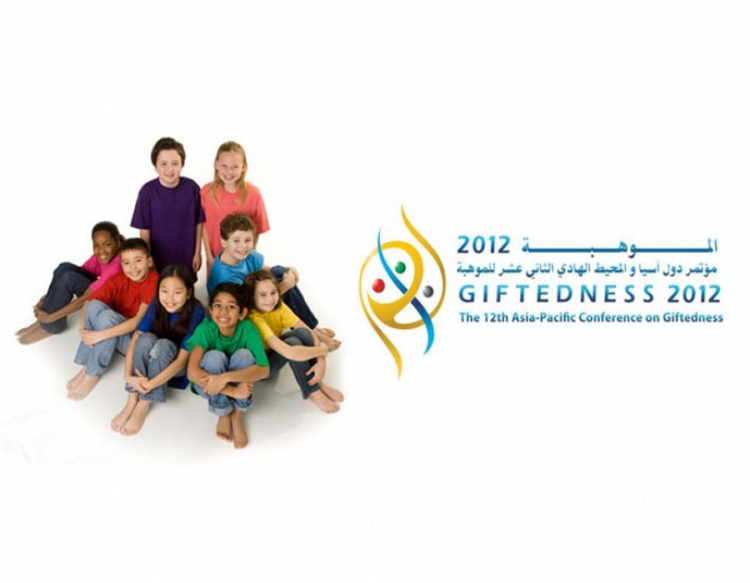The question is not how to identify a gifted person, but how to give people the chance to be gifted.
Inspired by the Giftedness 2012 conference (The 12th Asia-Pacific conference on giftedness hosted by Hamdan Bin Rashid Al Maktoum Award for the Distinguished Academic Performance), I would like to pose an important question to this blog reader's: How fair is the current structure of "giftedness" identification programs?This applies to the way most societies, including our Arab one, define giftedness influence performance even at the corporate level.
During my ten-year career in training and education, I have read many research studies that deal with the issue of identifying and fostering gifted learners, and gifted young people in particular. But there are some troubling conclusions in most of these studies and the “gifted individual care units” that are built upon them:
1. These pricey programs focus on identifying gifted individuals who have already had the chance to demonstrate their gift, and not on giving an equal chance for everyone to show what skills they have. Let’s remember that folks like Albert Einstein and Thomas Edison were below-average academic performers and before they changed the world, not on anyone's radar as gifted individuals.
2. These programs use the same tests and assessment tools to test for giftedness in all individuals. There is no “one size fits all” approach to measuring potential for achievement. Standard IQ tests, for example, have shown to be weakly correlated with achievement beyond a certain threshold level, as well as biased against certain types of learners.
3. These programs focus on individual learning skills, and almost completely ignore social learning.
As with other entrenched pedagogy paradigms, it is very hard to propose a silver-bullet solution. But I can recommend the following to improve giftedness identification and giftedness support programs:
1. Education/training systems should allow the period of giftedness identification to extend beyond the normal fourth-grade level, to allow young people to realize more of their capabilities before their talent is test.
2. Talent assessment tools should be diversified, giving the chance for different learning styles to manifest themselves. The discrimination against somatic and social learners should be minimized.
3. The definition of superb talent in the corporate environment should not mirror the way giftedness is currently identified. A talented employee is an employee who is in the right position and has been given a fair chance to develop their skills.
To sum up, the primary mission of the education system, as well as all professional development programs, should not be to identify gifted individuals, but to create an environment where all individuals can realize their top potential. Once this type of diversified environment is set up, identifying those especially gifted in particular areas becomes an easy task. The question is not how to identify a gifted person, but how to give people the chance to realize their giftedness.





